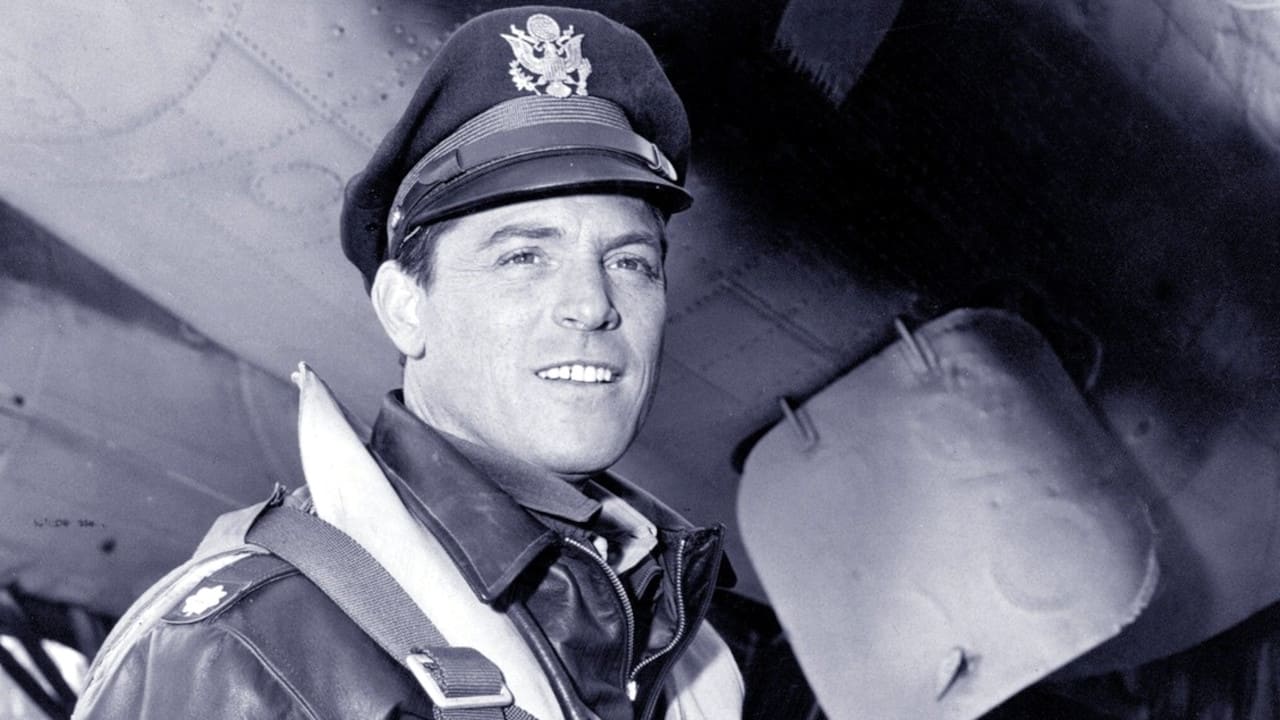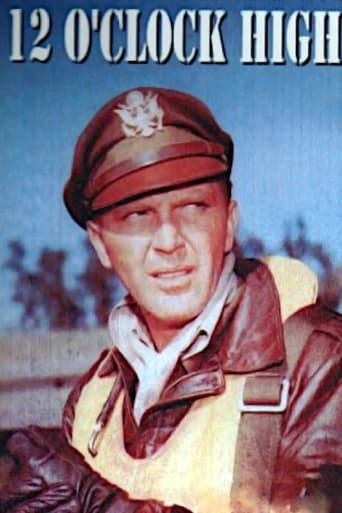hrailey-34155
I would have rated the show a 10 if somehow Peter Fonda's character could have been developed in the series, perhaps as stated earlier, the contrast in the farm boy to leader would have been a better storyline. even retaining Burke but showing the transition of Fonda to that position with Burke moving up to Commanding General.Anyway, it is now relegated to history and we are the better for the show having been presented. It is a common thing for creative Actors to be difficult and in the confines of a regular series with 30+ shows a year, stressful I dare say if Director, Producer and Lead Actor have, let's say creative differences of opinion. That being said, no one adequately replaced the paramount acting abilities of Robert Lansing, and I think he regretted "firing himself" from the show, if I remember the Dick Cavett interview fairly accurately. It feels like Lansing was never fully utilized in Hollywood, it is rare to find an Actor that can convey so much in a look as he did, the glance downward and peering up was classic Lansing.
Gatorman9
I was really surprised to find an 8.0 rating for this show when I looked it up on the IMDb. The truth is, it was a fairly heavy melodrama with largely contrived plots, pervasive overacting, and only selective loyalty to realism, something that always seems to characterize any fiction ever done about aviation on video. And yet, of all the shows I watched as a little kid and then got to see again as an adult, this is the only one that has really been able to continue to feel special to me in spite of all its flaws. Despite everything else, and at least during the first season with Lansing, it took its subject matter seriously and did not engage in dramatic license to too much excess (unlike in its last season-and-a-half). The episodes usually maintained internally consistent logic and emotional effect and careful attention was paid to editing; one remarkable feature was how well the editors knew their World War Two aircraft and were consistently able to synch the storyline and dialog of the combat sequences with the real-life combat footage inserted as part of those sequences. The aircraft interior combat sequences were all shot inside of the fuselage of a real B-17 (a permanently grounded wingless wonder that was a refugee of earlier post-war civilian uses like water bombing forest fires), so what you see there is as authentic as possible. Moreover, the brooding quality suggested by the subject matter (which Lansing was very effective in enhancing), the black & white photography, and the perfectly-conceived and executed bittersweet Dominic Frontiere theme and score, combined with flying, aerial combat sequences which included a great deal of real-life combat footage, and best of all, copious quantities of photography (both new and vintage) of the B-17 Flying Fortress, styled by one famous aviation photographer as "the most photogenic airplane ever built", created a unique kind of mood that has never ceased appealing to me since I was seven years old. As a result, after I grew up, I learned to fly and then through a stroke of exceedingly good luck just happened to find myself living in a city where one of the few remaining (there are only about a dozen) B-17's still flying was based, and there I joined the crew.However, in spite of what others have written, Robert Lansing was not perfect, even though he was certainly at least persistently interesting, and some attempt at verisimilitude was generally present in spite of the demands of dramatic license. And things only got even more contrived whenever an episode veered near Paul Burke playing the Joe Gallagher character. Thus, naturally, when Burke replaced Lansing in the second season it continued down the same track as the first except that its execution at practically every level was not up to the same standard. The contrived plots seemed even more contrived - not only was the acting of the new principal characters frequently weaker, but the writing itself was as well - and finally they went to color (it was by then 1966, after all), which fundamentally altered the mood, and yet something else was lost. In the third season, even the original striking score was largely abandoned for something a lot less brooding but also a lot less notable. Over that time the series went from a focus on high drama to much more of an action-adventure format, and started looking a lot more like THE RAT PATROL. As a result, both drama and even story details suffered in favor of variety and action, regardless of how realistic it made the end result. Even the editing became much more indifferent. Still, some new elements of interest appeared. Paul Burke's character, as the replacement for Lansing's, had some good, pretty credible dialog written to demonstrate his (as well as other senior officers') leadership ability, and he was pretty much up to the task of delivering it. In fact, there was a lot more believably representative dialog generally than in the first season, occasioned also by the fact that the newly formatted show at long last included some significant enlisted characters as well as more interaction among junior officers, and for the first time an actual sense of camaraderie developed at times between various characters; originally, every episode was limited to a confrontation between Lansing's character and whoever his antagonist of the week was. Moreover, a second extremely cool aircraft was added in the form of the legendary P-51 Mustang fighter, with excellent footage included, even if the plot elements to accomplish this were as often as not fairly strained, factually. But while these new aspects of the show gave the producers exciting new story opportunities it never realized its potential. Had the series capitalized better on this and stuck with the tighter writing and editing of the first season, perhaps it could have weathered the various changes, but it was not to be. Even after about Episode 8 of the third season, when the show actually did start to click pretty well as an action series, it was not enough to save it from cancellation. But still, 12 O'Clock High remains for me the thing that began my life-long love for the magnificent B-17 Flying Fortress, and eventually, for their real exploits and men that flew them.
ahod2887
The first season of 12 O'clock High was a credit to all involved. As a 10 year old watching in 1965 there was not enough action. However, the story lines were good and the acting and production seemed believable. You really felt an empathy for COL Savage as one of his planes and 10 men took a hit and went down in flames. Filming in Black & White added that "look" that was also the trade mark of that great TV series "Combat". It is a shame that Lansing did not get along with Quinn Martin (mentioned above) as the series went down hill when he left. I still recall the episode when he did'nt come back from a mission. Twelve O'clock High is a memorial to those Pilots and Aircrew of the US 8th/5th Air Force as the majority of the young men did not make it through to their 20 odd missions and return to the States. Imagine sitting in a B-17, cold and miserable, freezing to death for up to 8 hours or more then having to fly through the wall flak on that final run to the target. Being jumped by enemy fighters on the way in and out of the target with nowhere to hide. They were sitting ducks. The British gave up daylight Bombimg.Regrads Pete H, Sydney, Australia

